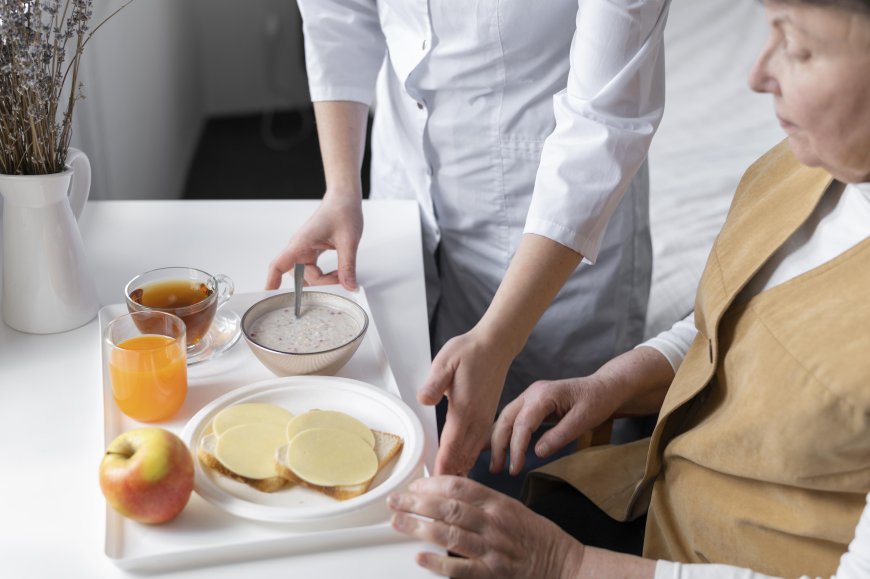Nourishing Body and Mind: How Mealtime Supports Memory Care

In memory care, mealtime is about more than just eating. It’s about dignity, routine, connection, and comfort. For those living with dementia, food isn’t just fuel—it’s an opportunity to feel safe, supported, and even joyful. At communities offering assisted living in Cypress, TX, mealtimes are carefully planned to support both physical health and emotional well-being.
Let’s take a look at how thoughtful meals and adaptive dining help residents feel cared for from the inside out.
Creating a Calm and Familiar Mealtime Routine
Routine is everything when memory starts to fade. Mealtimes provide natural structure to the day. Residents know when to expect breakfast, lunch, dinner, and snacks. This rhythm creates comfort and reduces confusion.
In many assisted living communities, the dining room environment is set up to feel like home—quiet, cozy, and calm. Staff use soft lighting, minimal distractions, and friendly conversation to make meals feel relaxed and unhurried. These simple touches help reduce anxiety and make eating more enjoyable.
Adaptive Dining for Dignity and Ease
As dementia progresses, some people may struggle with using utensils, chewing, or swallowing. That’s where adaptive dining tools come into play. Things like:
-
Easy-to-hold utensils
-
Non-slip plates
-
High-contrast dishware
-
Built-in plate guards
These small changes make a big difference. They help residents eat more independently and with dignity—no frustration, no embarrassment. Staff also provide gentle cues and encouragement without rushing, so each person can eat at their own pace.
Finger Foods That Empower Independence
For residents who find using utensils difficult, finger foods are a smart and respectful solution. Sandwich bites, veggie sticks, fruit slices, and mini quiches are all easy to hold and eat—no silverware needed.
More importantly, finger foods help residents stay engaged with meals without needing constant assistance. That sense of independence, even during mealtime, can lift spirits and boost confidence. It may even help residents eat more consistently.
Meals That Spark Memory and Comfort
Food can be deeply emotional. A familiar dish can bring back memories of family dinners, holidays, or childhood. That’s why many assisted living communities in Cypress, TX serve meals that are not only nutritious but also comforting.
From warm soups to homemade casseroles, these meals are often inspired by traditional favourites. Some communities even offer “resident recipe” days where loved ones can share family recipes to include in the menu. It’s a beautiful way to keep residents connected to their past.
Social Connection at the Table
Mealtime is also a chance to connect with others. Sitting with friends or friendly staff makes eating a more social event, not just a task. Even residents who aren’t very verbal often enjoy being part of the group atmosphere.
Staff are trained to notice who gets along with whom and arrange seating to encourage conversation. Small gestures—like playing soft music or celebrating birthdays with cupcakes—can turn a simple meal into a moment of joy.
Nutrition That Supports Cognitive Health
Of course, the nutritional part matters too. Dementia-friendly menus are often packed with brain-healthy foods like:
-
Leafy greens
-
Whole grains
-
Lean proteins
-
Berries and nuts
Hydration is a big focus as well. Many residents enjoy fruit-infused water, soups, or herbal teas throughout the day to stay well-hydrated without feeling overwhelmed.
Final Thoughts
At assisted living facilities in Cypress, TX, mealtime is more than a practical need. It’s a thoughtful experience that honours each person’s dignity, memories, and needs.
Whether through adaptive tools, favourite foods, or simply a shared smile over lunch, mealtime helps nourish more than the body—it feeds the soul too.









































































